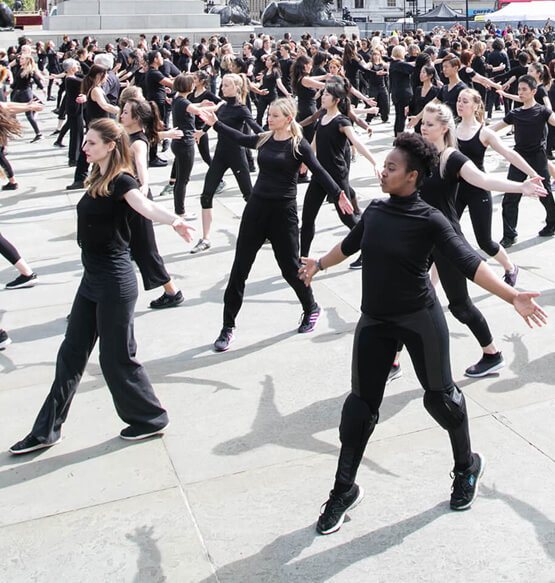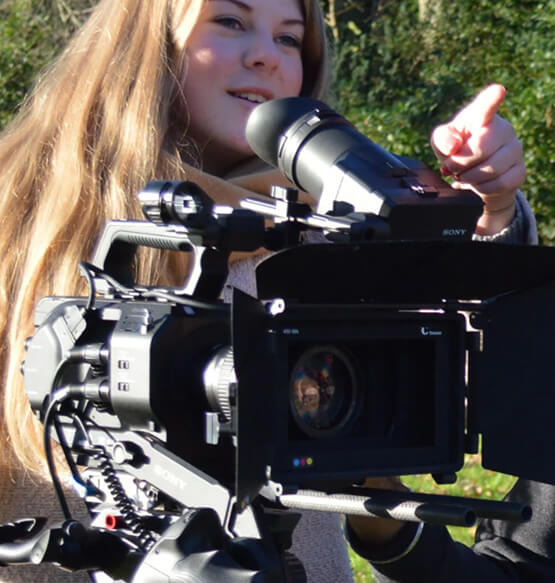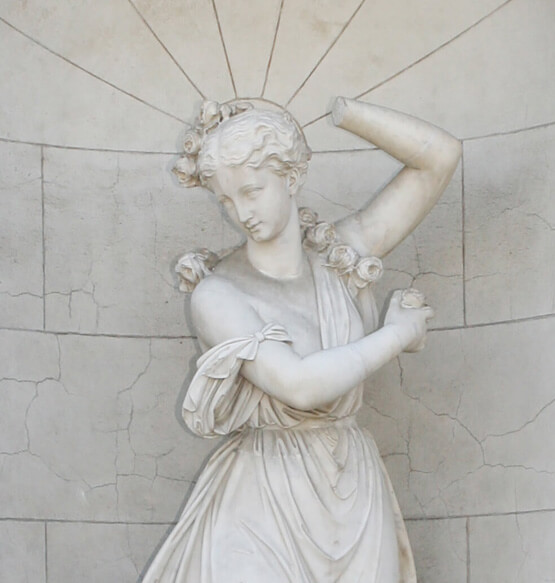Duration:
2 years (part-time)
Number of credits:
MA: 180
PGDip: 120
Start date(s):
September 2025
September 2026
It all starts here. This unique course allows you to study children's literature in an online, flexible and part-time format from wherever you are in the world.
Did you know?
Roehampton is ranked top ten in the UK for postgraduate student satisfaction (PTES 2022, 2023).
Modules
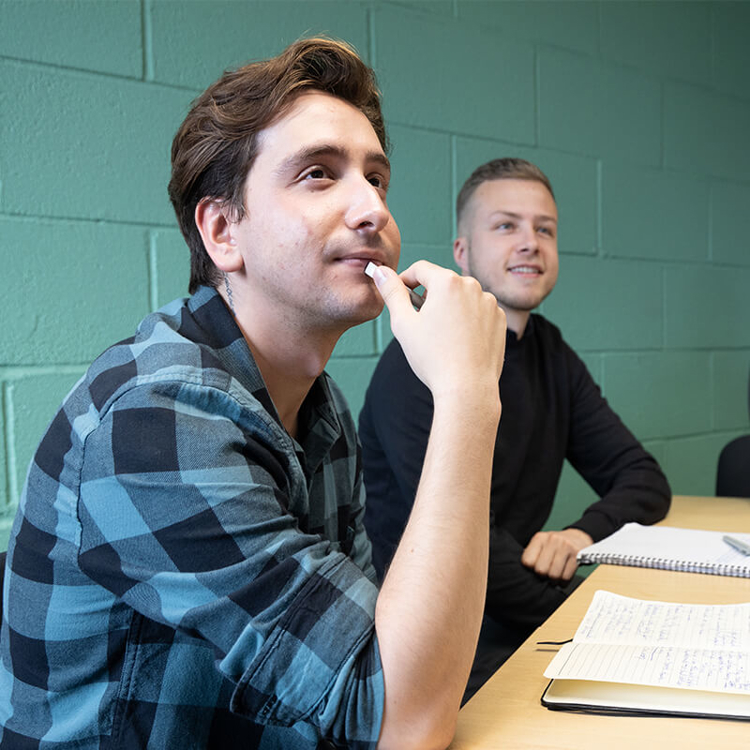
Skills
Gain the expertise you need to standout in today’s literary world.
On our MA Children's Literature (Distance Learning) our priority is exploring the exciting and varied world of children's literature, and examining how texts aimed at young people convey and challenge ideas about childhood. You will:
- Start to think about children’s literature in new ways.
- Be introduced to essential critical approaches, from postcolonial theory, psychoanalysis, and reader-response criticism, to new ideas about the child, power and ethics.
- Study a selection of fairy tales, picture books and short stories, including classics, contemporary and innovative texts.

Through this programme you will become a member of the National Community for Research in Children's Literature (NCRCL), regarded as the premier institution for children's literature research in Britain. The NCRCL has close links with organisations that work to further the study and teaching of children's literature, including The International Board on Books for Young People (IBBY), Seven Stories (The National Centre for Children's Books), and Booktrust. The University is also the exclusive Creative Partner of Barnes Children's Literature Festival, London’s largest event dedicated to children's writing. You can stay up-to-date with the NCRCL by following their blog.
Learning
Choose a course that fits around your life.
As a distance learner you will have:
- Personalised academic and pastoral support from your Programme Leader and Academic Guidance Tutor
- Weekly contact with your Module Tutors
- Access to specialist e-learning services and digital learning environments
- Use of a wide range of e-books and digitised items from the Children's Literature Collection at the University Library which contains 3,000 critical, theoretical, bibliographical and reference works and approximately 40 specialist children's literature journals
The programme is taught through a mixture of asynchronous and optional synchronous lectures and seminars, personalised tutorials, peer-to-peer support, and independent students. You will have access to various e-learning portfolios and learning environments, allowing you to work with digital materials, watch video lectures, and engage in learning activities at your own pace and in your own time.
You will have the chance to discuss ideas with other students through discussion boards and interact with your tutor in online seminars. At the end of each module, you will complete a piece of coursework, usually an essay, to demonstrate your understanding of the subject.
“During my time at Roehampton as a distance learner, I was able to build great relationships with other long-distance learners and that was one of the best aspects of studying for this MA. I made friendships with like-minded people from across the UK and wider parts of the world. We built an online community of support which has extended beyond our studies - we are still in touch! In terms of the MA itself, learning from our tutors was one of my favourite aspects of my time at Roehampton. Their enthusiasm, expertise, and encouragement was really motivating and I thoroughly enjoyed our online seminars. They made us feel very much a part of Roehampton even though we didn't set foot on campus.”
Michelle Thresher
MA Children’s Literature Graduate, 2022
“I’d always liked children’s literature and wanted to study it in depth. As a Latin American, who was living in Brazil at that time, finding this programme was perfect not only because of the content, which was excellent in terms of scope and the possibility of choosing different classes and paths, but also because of the fact that it was a distance programme! That way, I could study what I’d always hoped from my home. I really liked the scope and breath of the programme; the teachers were knowledgeable and kind, and I really liked the interaction with the other students. Although it is a Distance Programme, it is very interactive, and I never felt on my own. This is a unique programme in the world. There are many classes to choose from, and being able to explore Creative Writing for children and writing your dissertation as a Creative Writing project is a wonderful opportunity.”
Pilar Barrera Wey
MA Children’s Literature Graduate, 2021
“Whilst reading for this MA, I was also working as a full time primary school teacher and the fact that many of the lecturers posted recorded videos or audio enabled me to watch these at a time convenient for me, in the comfort of my own home. The forum posts enabled me to get to know course colleagues and discuss course content with them. Lecturers are truly understanding and, especially during the time when you are writing your dissertation, they help you stay grounded and provide you with valuable feedback.”
Melanie Caruana
MA Children’s Literature Graduate, 2020
“I decided to follow this course as I wished to carry on learning after retiring as an English teacher. I chose Roehampton after attending an open evening and having a fascinating discussion with the tutors. The course was wide ranging and challenging; I enjoyed everything about it, but especially coming to a fuller understanding of what effects reading has on children and the many ways in which it is important. To prospective students I would say: you will be surprised and impressed by how much there is to learn, especially about the complex intentions and devices to be explored in texts which may seem comparatively simple. Online contact with other students from all over the world will develop and enrich your own learning.”
Lesley Smith
MA Children’s Literature Graduate, 2019
“This MA was my first real exposure to children’s literature in an academic sense. It gave me the vocabulary to understand the literature that meant so much to me personally and professionally and to articulate its value. I was finally among my people. It was a pivotal experience for me and one which really put me on the road towards where I wanted to be. It’s hard work but it’s also lovely, fun, fascinating, inspiring work - if you’re interested in children’s literature and what it can do, it’s a gift.”
Daisy Johnson
MA Children’s Literature Graduate, 2011

Dr Ian Kinane
My name is Ian Kinane and I am the programme leader of the MA in Children’ Literature by distance learning. I am your first port of call for any programme-level academic or pastoral enquiries. My primary research interests in children’s literature include adventure narratives and crossover robinsonade fictions from the 18th century to the present day, and I have published two books on these topics, Theorising Desert Islands: Contemporary Robinsonade Narratives (2016) and Didactics and the Modern Robinsonade (2019). My current research explores ecocritical robinsonades, and I am also editing a collection of essays on the British children’s author Ian Serraillier. I have taught widely across the programme and currently convene the dissertation module.
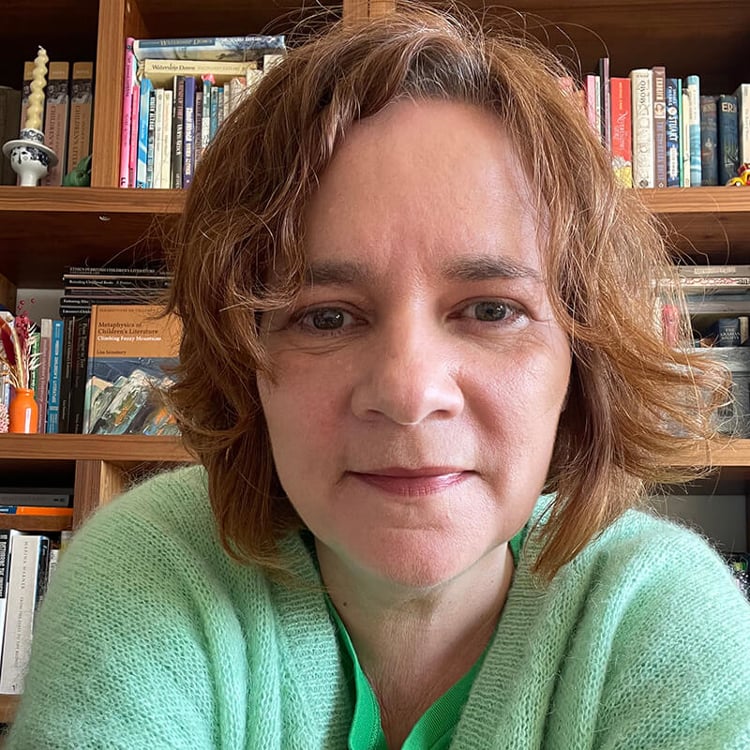
Dr. Lisa Sainsbury
Hello! I am Lisa Sainsbury, Associate Professor of Children’s Literature in the School of Arts Humanities and Social Sciences. I teach on aspects of YA, childhood studies, and creative writing for young readers at all levels of study. I also am the Research Degrees Convener for the School of Arts, Humanities, and Social Sciences. I am Series Editor for Bloomsbury’s Perspectives on Children’s Literature and Chair of the National Community of Researchers in Children’s Literature (NCRCL). My ongoing research focusses on the philosophical remit of children’s literature, as explored in two of my books: Ethics and British Children’s Literature: Unexamined Life (2013) and Metaphysics of Children’s Literature: Climbing Fuzzy Mountains (2021).
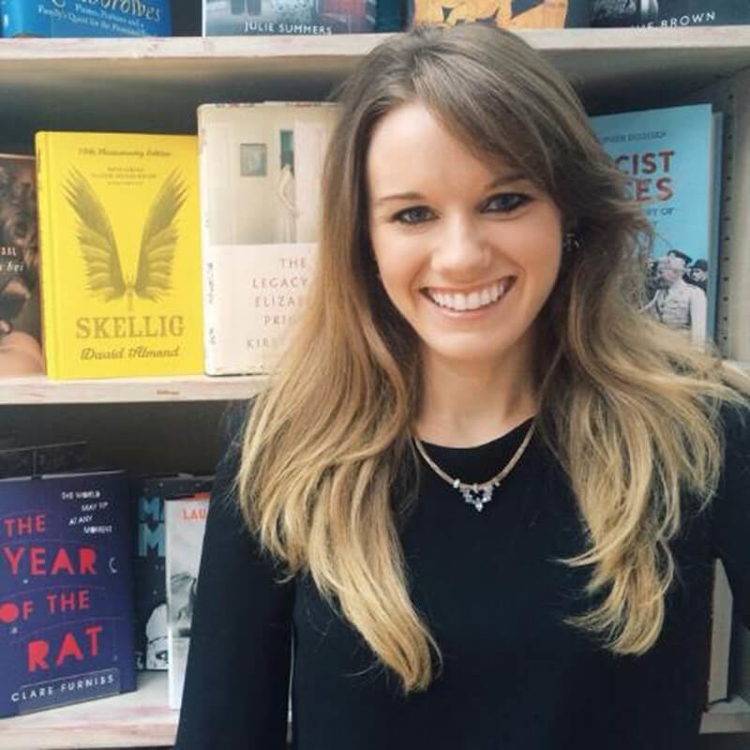
Dr. Amy Waite
Hi there, I’m Amy Waite and I teach on the MA in Children’s Literature, including both the “Writing for Young Readers” and “Form & Genre” modules. My research interests span both critical and creative aspects of children’s literature. On the critical side, I am interested in exploring posthuman encounters in YA fiction - be it encounters with AI, curious creatures, or bacteria. Meanwhile, on the creative side, I love writing magical middle-grade adventure stories. For my children’s fiction, I am represented by the wonderful Hellie Ogden at WME Books.
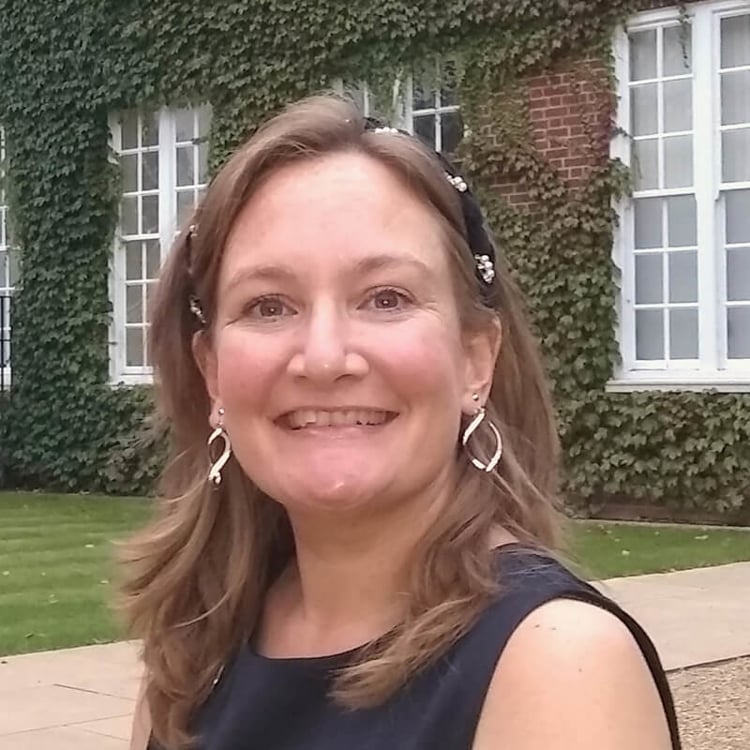
Dr Mary Shannon
I teach historic children's literature and visual texts, with an emphasis on 19th century illustrated fiction and print culture (as that's a key research area for me). My most recent book - Billy Waters Is Dancing (2024) - covered race and childhood in nineteenth-century popular culture. I enjoy supervising critical MA Dissertations in these areas, and MA creative projects which involve historical fiction, time-slip, and/or visual elements. I can sometimes be found doing guest lectures on the Archives core module as I love a good archive: the dustier the better.
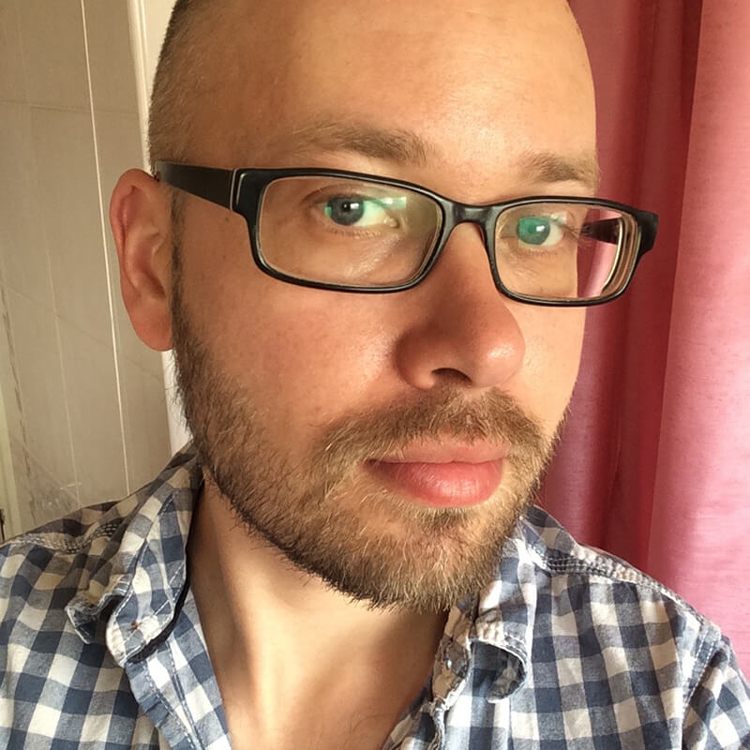
Dr Alberto Fernandez-Carbajal
I teach the module “Writing for Young Readers” on the MA in Children's Literature. My research is placed at the intersection of colonial, postcolonial, queer, and diaspora studies, with a current focus on the notion of trans*versality and interfaith approaches to queerness in contemporary global literatures. I am also a published poet and fiction writer. When I’m not travelling up and down the country, I can be found playing the ukulele and the Appalachian dulcimer, hosting karaoke nights, and DJing an eclectic mix of electroswing, traditional and electronic Latin music, Exotica, and other musical rarities.
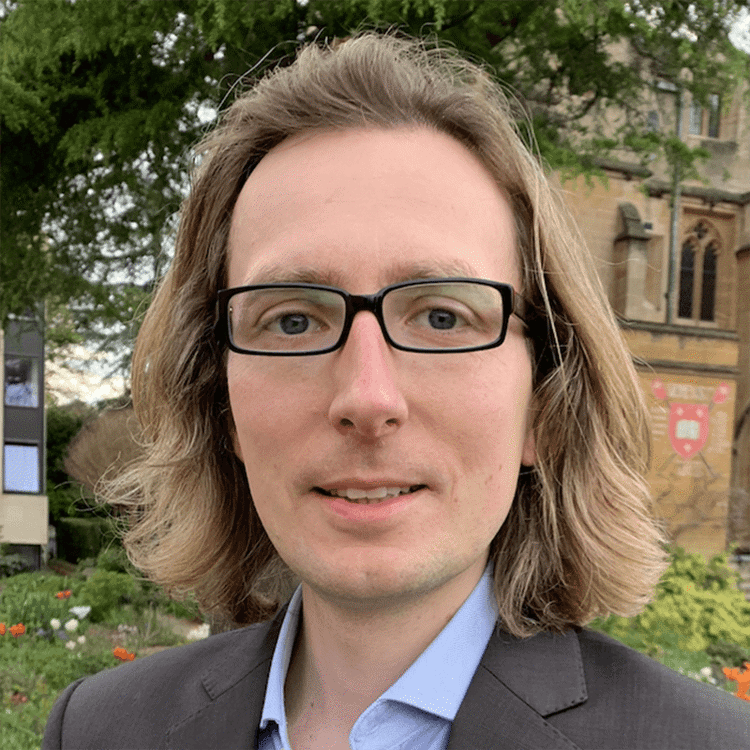
Dr Alexander Bubb
I'm Alex and I teach "World Literature for Children, 1880-1950", which forms a unit of the module “Form & Genre”. My specialist area is the 19th Century and I've written extensively about how canonical texts from Asia, like the Arabian Nights, the Ramayana and the Shahnameh were translated for young audiences in Victorian Britain.
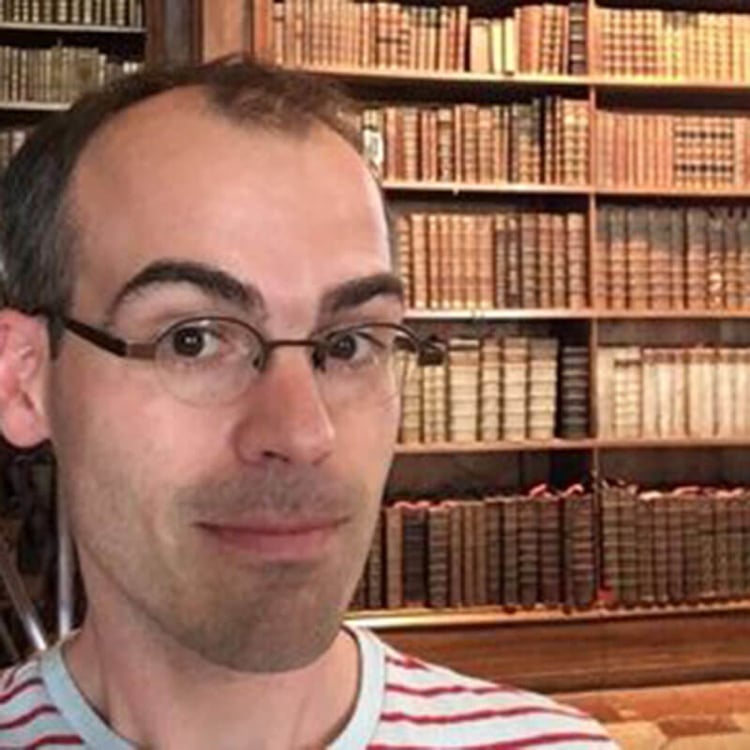
Dr Dustin Frazier Wood
I designed and co-teach “Archives & Research”, the module that helps students prepare for their dissertation by engaging with a range of new and familiar sources on their chosen topics. Most of my research focuses on the history of museums and collections, and on the reception of medieval culture from the early modern period through to modern fantasy. My work is all about inter-disciplinary approaches and primary sources: if you're interested in getting your hands dirty in museums, libraries, archives or cultural sites, we'll almost certainly cross paths.
Careers
With your degree, you'll be ready for new and exciting adventures.
Graduates of MA Children's typically pursue careers in:
- Teaching
- Writing
- Children's publishing
- Librarianship
- Arts management
- Editing
Additionally, a Creative Writing Pathway has been designed for those with an ambition to write for children, allowing you to study writing from a practitioner's perspective.
Some of our students have gone on to work at Hachette UK, the National Literacy Agency, Wimbledon Book Festival, Birmingham Rep, SAMPAD, the Red Earth Collective, Create Central, Let’s Talk Reading, Homestart, the Good Schools Guide, and in children's libraries and both primary and secondary schools, as well as publishing their own children's literature.
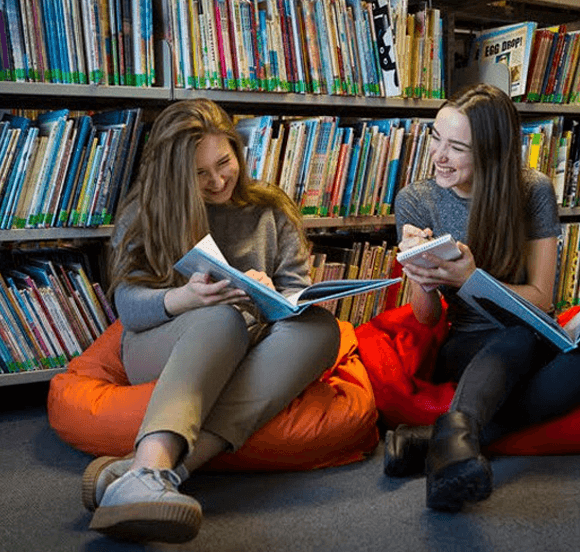
Our careers team is available to support you from the start of your studies until after you graduate. We will help you build your CV, prepare for interviews, and meet and learn from successful graduates working at the top of their careers.
Open days
Get a real taste of our campus, community and what it’s like to study at Roehampton
Applying
UK postgraduate students apply through our direct application system.
Specific entry requirements
A good second-class honours degree in English Literature, or a combined honours of English Literature plus another subject. If you have a degree in another discipline, please provide evidence of literary studies in your transcript or personal statement.
General entry requirements
September 2025 entry tuition fees (UK)
| Level of study | Part-time* |
| MA | £4,925 |
| PGDip | £3,285 |
*Year 1 fee
We offer a wide range of scholarships and bursaries. See our financial support pages for UK students.
We also provide other ways to support the cost of living, including free buses and on-campus car parking, hardship support and some of the most affordable student accommodation and catering in London. Find out more about how we can support you.
International postgraduate students apply through our direct application system.
Specific entry requirements
A good second-class honours degree in English Literature, or a combined honours of English Literature plus another subject. If you have a degree in another discipline, please provide evidence of literary studies in your transcript or personal statement.
General entry requirements
September 2025 entry tuition fees (international)
| Level of study | Part-time* |
| MA | £5,125 |
| PGDip | £3,420 |
*Year 1 fee
We offer a wide range of scholarships and bursaries. See our financial support pages for international students.
We also provide other ways to support the cost of living, including free buses and on-campus car parking, hardship support and some of the most affordable student accommodation and catering in London. Find out more about how we can support you.



